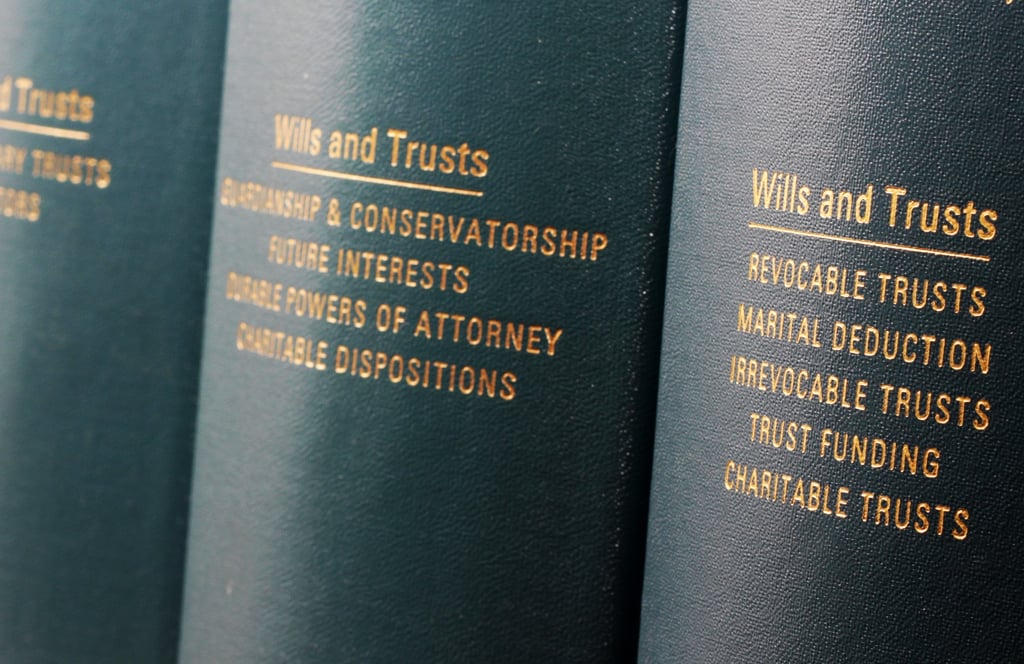
We hear from many Canadians who want to know whether trusts — and which kind — or wills are the better tool for preserving their legacy and reducing undue taxation on their estate. Our usual answer is something along the lines of, "How about exploring and using both trusts and wills?" After all, trusts and wills aren’t mutually exclusive. Your estate can use both to best suit your priorities and meet the needs of your heirs.
Living Trusts. This powerful tool is created while you’re still alive. Throughout your lifetime you can divert assets into the trust as you wish. This is very convenient for many ultra-high net worth Canadians, because it means that as they generate more wealth or no longer need access to certain assets, they can place them into the trust. Once in the trust, these assets are no longer technically your property. They are held by a trustee on behalf of your beneficiary — usually a spouse, child, or grandchild. When you die, the trust stays in place, and since the trust was always legally owned by someone else, the assets inside the trust skip probate and aren’t subjected to estate taxes.
However, as the trust generates income while you’re still alive (and once you pass), that income is taxable. This can make filing your taxes more complicated, so you’ll benefit from the expertise of an estate advisor who specializes in tax planning. The team at MacMillan Estate Planning can help.
Testamentary Trusts. Rather than being crafted while you’re alive, the creation of a testamentary trust is triggered by your death. Because the assets inside a testamentary trust are your property up until your death, they are subject to estate taxes and probate. This sort of trust can be a great solution for blended families.
You can, for example, create a trust that will provide for the needs of your current spouse, but allow the rest of your assets to pass onto your children from your previous relationship. Because the trust remains under the control of the trustee rather than the beneficiary, your wishes and direction remain in control of how the asset is used. This makes it a very powerful tool for taking care of a dependent who has a disability. You can also specify whether remaining assets (after the beneficiary passes on) are then distributed amongst your children, given to a charity, etc.
Wills. Nearly every Canadian is familiar with wills. These documents are a detailed list of our wishes, and they carefully outline how we want our assets distributed and our legacy to live on. Regardless of whether you’ve already set up a trust or a hundred trusts, you still need a will. Not all assets can be moved into a trust, and beyond that, wills will appoint an estate trustee. This person is vitally important as they manage your assets to pay for funeral costs and debts, and they ensure your assets are distributed as you intended. Unlike trusts, wills are a public document that anyone can read. This means any assets you’d rather avoid making public should be placed into a trust before your death.
At MacMillan Estate Planning, we believe in using every tool at our disposal to help Canadians defer taxes and get the most out of their estate. We start every personalized estate plan with a free consultation, so you have nothing to lose and everything to gain by scheduling an appointment with our estate advisors. Let us show you how a beautifully crafted estate plan will save your family time, money, and grief for years to come.





